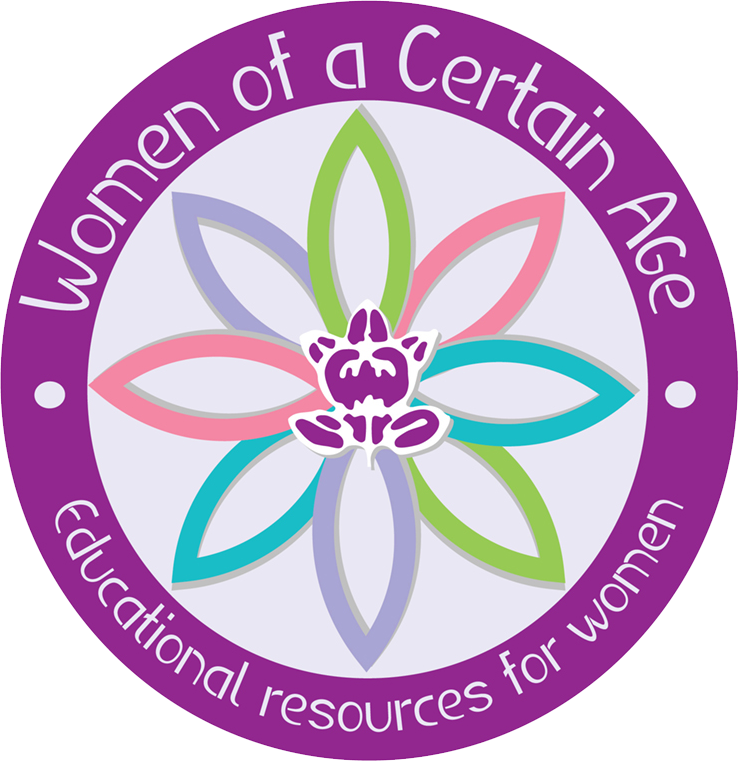While in massage school in the late- 1980s in Boulder, Colorado, Jacki Gethner, a Portland massage therapist and practitioner of the healing arts, remembers when she received the phone call that her girlfriend had contracted HIV after a relapse in substance abuse.
At the time, she said, HIV was a fairly new deal.
"We only knew it surrounding gay men," she said. "And there weren't many women at that time who had been diagnosed."
She said there was such a stigma surrounding the disease that society feared being around those who had been diagnosed, and more than often, they were greeted with masks and gloves. "People weren't considered touchable," she said.
The same year she began school, however, Boulder hosted the AIDS Medicine and Miracle conference, which was the first holistic and western medicine AIDS conference within the United States.
At the event, Gethner and a friend, without knowing what the response would be, decided to set up a massage area in the building. "We provided massage chairs, and massaged over 300 people in four days," she said. "It was very powerful. Some of them hadn't been touched in months."
After realizing, first-hand, the healing impact mere touch can have in the healing process, Gethner returned as an integral component of the conference each year, and became determined to share her skills through community outreach and healing and support workshops. She began working with the support communities of those living with the disease. "Many people who had contracted HIV were abandoned by their biological families," she said. "So these people, their 'families of choice,' all wanted to know what they could do to help their loved ones."
"Skin is the largest organ of your body," she said. "It only makes sense to teach them how to touch."
Today, Gethner has worked with over 15,000 individuals from all walks of life, both locally and world-wide, through education, her knowledge of reflexology, and at her practice Regenerative Therapies located in northeast Portland.
Her current mission, however, has been to educate the community on HIV prevention, especially for women 50-years and older, who currently represent the fastest growing demographic of people diagnosed with HIV and AIDS throughout the country.
In an effort to support women who are infected or impacted by HIV/AIDS, Gethner created the Women of a Certain Age Program in 2006, to support older women, who she said are severely underserved within the community.
The non-profit program was made possible after she received the Keiser Permanente National Diversity Award for her work in HIV and AIDS. Although there was a number of ways she could have used the funds she received, Gethner said she decided to focus on the age group in which she lives.
"I've never met anybody who does what I do," she said. "I used to work with youth, but as I got older, I kept hearing of older people becoming infected because of a lack of information about their risks."
Women, she said, often have a difficult time accessing support they need because of reluctance to talk about their sex lives.
"People don't think older people have sex," she said. "Doctors don't ask about it because it is like asking your mom if you have sex, but older people, I find, are incredibly sexual, and it is important for them to be informed."
But Gethner believes the more people talk about sex, the better.
According to The National Institute on Aging, one in four HIV cases within the United States are people over 50, and the heterosexual HIV transmission rate among women older than 50 has doubled within the past decade.
For many women, it is considered shameful to talk about their sex lives with their friends and medical advisers, so it is very unlikely an older female will attend a workshop on safe sex.
"We don't go planning on having sex, but you never know," said Gethner. "When you are 70-yearsold, you're not going to jump out of bed and grab a condom at the 7-11, I know!"
"So my program is about peer education," she said. "Women, who are well-known in some of their communities, will be a contact person, so that a person thinking about having sex will have someone to speak to."
She said her hope is that the individuals who go through her full-day trainings will go out into their pockets of the community, at church, schools, cafes, everywhere, and teach other women they know about HIV and STD prevention, which could save lives.
According to the Centers for Disease Control, more than one million people are living with HIV in the U.S., and one in five individuals living with HIV is unaware of their own infection.
Although the annual number of new HIV infections has remained relatively stable throughout the recent years, the CDC said an estimated 56,300 Americans are still becoming infected each year. The fastest group to contract the disease is women over 50-years-old, who never even realized they were at risk of the infection.
This is why, Gethner said, the program teaches women tools that will help them advocate for their own needs, so that they can be diagnosed in a timely fashion and receive the proper treatment to help control their illness.
"People don't think it will happen to them," she said. "But prevention is cheaper than treatment."
Her goal for the coming year is to do at least four trainings in Oregon, where everyone who goes through the program will receive certification, basic information, hear from someone living with HIV, and have the opportunity to truly look at their own sexual histories and the obstacles they have experienced.
For women who have HIV, the goal is to "help lengthen their lives, educate them and get them on treatment," she said.
For more information about the
Women of a Certain Age Program,
visit HealthyWomenOver50.org
or call 503-790-0974

